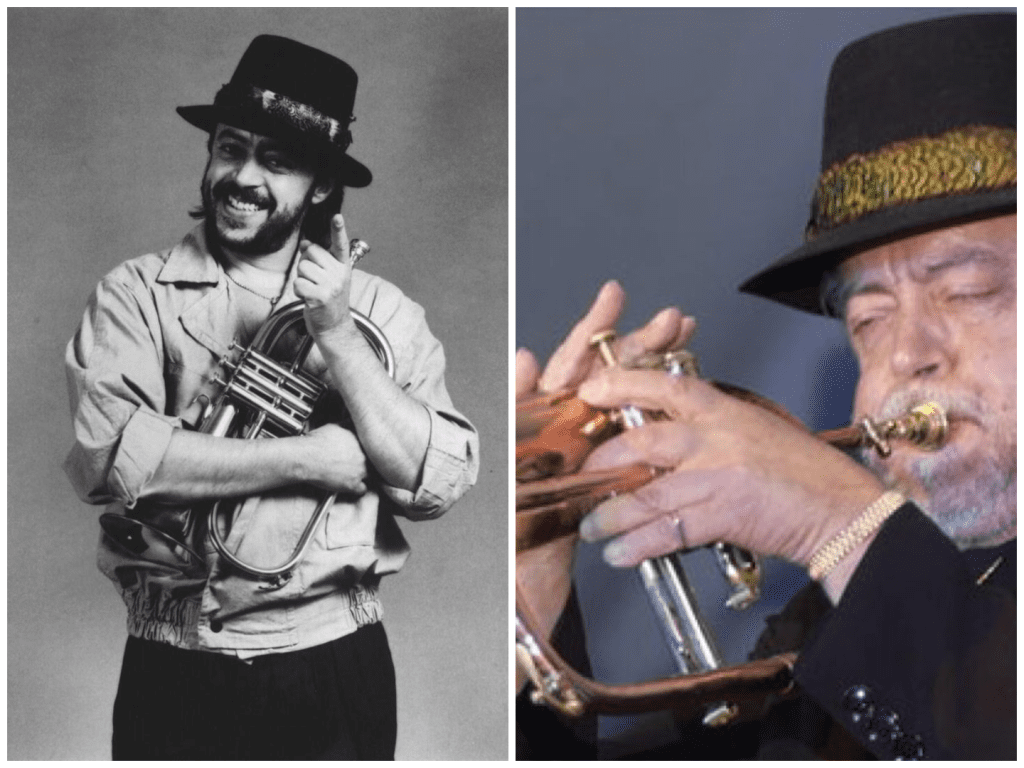Grammy-Winning Fokugethorn Maestro Chuck Mangione, Best Known for “Feels So Good,” Has Passed Away at 84, Fulfilling a Remarkable Musical Legacy
They say certain songs never leave us. One golden horn melody can etch itself into our hearts forever. For many of us, that melody is Chuck Mangione’s “Feels So Good.” Today, the world mourns the passing of that unforgettable sound, and the man behind it. Legendary jazz musician and composer Chuck Mangione has died at age 84 in his hometown of Rochester, New York—passing away peacefully in his sleep, surrounded by family.
It’s hard to think of jazz without imagining his flugelhorn’s smooth, warm notes floating through an evening breeze. Born in 1940, Mangione’s musical journey began in a small family ensemble with his brother Gap. He made early strides as part of Art Blakey’s Jazz Messengers, then found global acclaim in the late 1970s with an instrumental masterpiece that would define a genre crossover: “Feels So Good.” When that tune lifted to No. 4 on Billboard’s Hot 100, jazz became accessible to millions who might have thought it too niche, and that’s exactly what he intended—to invite people in with melody and soul.

The clarion call of Mangione’s music didn’t just win over radio. His “Give It All You Got,” which became the theme for the 1980 Lake Placid Winter Olympics, showed that his sound could energize the world stage. It wasn’t just music—it was inspiration. That same tune launched him into living rooms through television, where he was immortalized as a recurring voice on Fox’s animated series “King of the Hill,” horn and all.
His career wasn’t a moment—it was a lifetime. Over six decades, he recorded more than 30 albums, garnered 14 Grammy nominations, and took home two awards. That included a Grammy for “Bellavia” in 1977 and another for “Children of Sanchez” in 1979. He didn’t just play jazz; he built a bridge from the concert hall to everyday hearts.
Even as fame embraced him, Mangione remained rooted in Rochester. He came from humility—studied at Eastman University, taught jazz ensembles there, and later dedicated himself to nurturing emerging talent. In 2012, his hometown welcomed him into the Rochester Music Hall of Fame, recognizing the local boy whose music had reached global heights.
His family’s simple announcement—he died peacefully at home—suggests a life that found closure the same way he lived it: gracefully. There were no hospital halls, no fanfare—just rest, after a lifetime of artistic output and emotional connection.

I remember the first time I heard “Feels So Good.” I was young, maybe barely old enough to know what a jazz flugelhorn was. But the tune wrapped me in warmth like a golden sunset. Even now, weeks after grilling in summer haze and hearing those opening chords, I feel like a child again—nostalgic, breathed in, calm. That’s exactly what Mangione crafted for us: a moment of comfort, made eternal.
Yet there’s something bittersweet in that music now. We can’t hug him, call him up, hear his voice echoing from the east window of his Rochester home. Instead, the quiet hoses of empty streets and parked cars seem louder without his melody in the distance.
Still, I find solace in knowing his music endures. “Feels So Good” isn’t just a song—it’s a time capsule. It conjures images: honeymoon dances, jazz club afternoons, slow drives through summer heat. A soundtrack for lives that need warmth and elegance.
Chuck’s influence lives on—in classrooms at Eastman University, in the smooth jazz radio stations that still rotate his hits, and in every horn player who pulls breath and heart through metal. He taught us: music is space for feeling, not just for hearing.
Tonight, I’ll close my eyes and play that track again. I won’t just remember a man who died—I’ll re-experience the comfort he gave us all, time and again. As the final notes fade, I imagine him resting easy, flugelhorn forever still by his side.
Rest well, Chuck. Your music feels good—and forever will.


